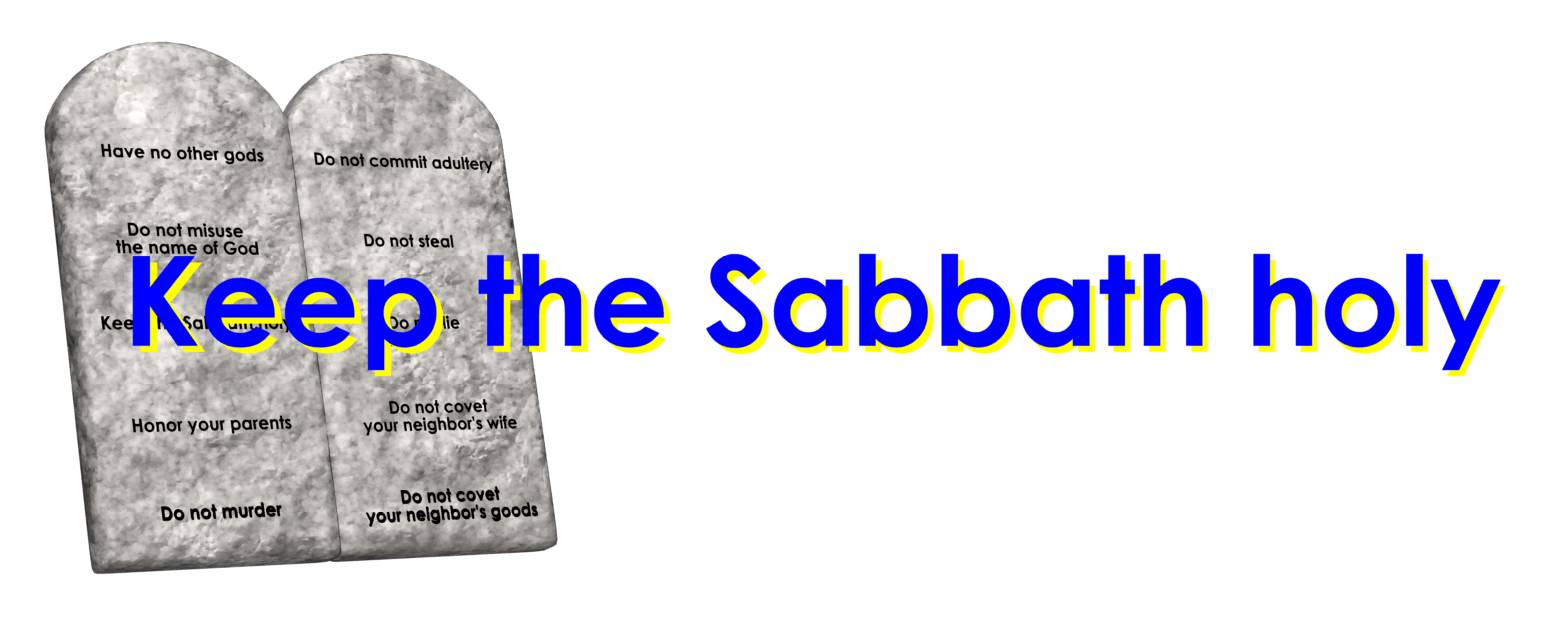Passover and the Feast of Unleavened occur next weekend. Passover falls on the night of Saturday, April 23 on the biblical calendar, and the first high sabbath day of the Feast of Unleavened Bread falls on Sunday, April 24. The last day of Unleavened Bread falls on Saturday, April 30 and is also a high sabbath day. It is time to make physical and spiritual preparations for these special, commanded events on YHVH’s calendar. The following is a list that will help you to do this.
Repent of Sin and Get Under the Lamb’s Blood. As the children of Israel applied the lamb’s blood to the door posts and lintels of their house, so we must apply the sin-cleansing and Satan-defeating blood of Yeshua afresh to our lives (i.e., to your thoughts as represented by the door lintel and actions and to our hands as represented by the door posts). This occurs as we repent of our sins, and pray for and receive YHVH’s forgiveness. He will then cover our sins over or wash away our sins by Yeshua’s blood (1 John 1:9; Rev 1:5)
In Egypt at Passover time, YHVH judged all those who had failed to put the lamb’s blood on the door posts of there houses. In other words, they weren’t under the blood of the lamb, and they were still under the penalty of sin, which is death. Unrepented sin has a death claim on us all. To the degree that one has sin in their life is the degree that the spirit of death has a hold on one’s life. Now is the time to repent of sin by confessing it and seeking Elohim’s forgiveness under the blood of Yeshua.
Here are some things of which to repent.
- Pride. Do you always think that you’re right? Your opinion is what matters the most? Do you have a hard time with those who don’t see it your way, when you don’t get your way? Do you have a fit when people disagree with you? Do you criticize others and put others down (especially those who are closest to you)? Do you belittle, mock, scorn and ridicule others? Do you focus on people’s faults? Do you have a hard time identifying any sins that you have committed? Are you proud of your humility? Are you proud of how Torah-observant you are (compared to others)? Are we overly defensive when someone corrects us or challenges our opinion? Do we blame others when things don’t go right instead of taking personal responsibility for our actions? These are all signs of pride. Pride is self-idolization.
- Selfishness and self-absorption (putting self above others too much of the time). Are you ungrateful? Are you discontent about your place in life? Do you always want more? Are your material possessions and personal belongings really important to you? Do you have a hard time giving things away? This is a form of self-idolatry and idolization of things.
- Love of this world over love of YHVH and the things that matter to him. This a form of idolatry. You’re concerned with what others think more than what Elohim thinks about things.
- Sins of the mouth including mean, selfish, unkind, angry, impatient, egotistical words toward others. This is idolization of self. What matters most is what I have to say, how I feel, my opinions and I have the right to say what I want when I want.
- The lack of the fear of Elohim. More concerned with what others think than what YHVH Elohim thinks about something. Anything in our lives that puts anything else above Elohim is idolatry.
- Ask yourself this: In everything that I do and say, am I advancing the kingdom of Elohim and bringing glory to Yeshua or am I doing the opposite? Am I being a river of life to all those around me, or am I dragging them downward by bringing negativity and darkness?
Tell the Redemption Story. It is the responsibility of parents and elders to pass on to the next generation the Passover story (Exod 12:24–27). Explain how the Israelites were enslaved in Egypt (a metaphor for the world) to Pharaoh (a metaphor for Satan), and how YHVH delivered them from the judgment of the destroyer (YHVH’s judgment against sin) because the children of Israel put the blood of the lamb on their doorposts (a picture of Yeshua’s sin-atoning death on the cross). In reality, this is the basic gospel message.
Celebrate the Feasts. Prepare your heart and mind to obey YHVH by keeping his appointed times of Passover and Unleavened Bread. Are we willing to obey his commands pertaining to these observances? How much do we love him (John 14:15)? How much do we want to know him (1 John 2:6–7)? Celebrating these feasts help us to love him and to know him better.
Examine Yourself. At this time of the year, we must each examine ourselves to insure that we will not be partaking of the cup of redemption (i.e. the communion cup) unworthily (1 Cor 11:28).
Rediscover the Cross. It is time to rediscover the cross of Yeshua again and your place at its foot. It is also time to rediscover the power of the resurrected Yeshua in one’s life. Marvel at the miracle of the resurrection and consider the fact that we have access to Yeshua’s resurrected life through faith in him and through the work of his Set-Apart Spirit as we obey the Word of Elohim.
A Time of Spiritual Awakening and New Beginnings. Passover occurs in the spring at the beginning of the biblical year. Spring is a time of new physical and spiritual new beginnings. Spiritually, it’s the time to take stock of one’s life, assess any weaknesses and deficiencies we have, and then resolve to make the necessary changes. It is the time to make improvements through the power of YHVH’s grace, his Word, his Spirit all through a vibrant, daily relationship with Yeshua our Lord and Savior.
The Season for Spiritual Housecleaning. Passover is time of spring cleaning and deleavening our physical houses (Exod 12:15–20) and removing the leaven of sin from our spiritual houses as well (Pss 26:2; 139:1, 23–24). We must root out and eradicate the old sin habits from the crevices and dark areas of our life. In Scripture, leavening represents sin, pride, hypocrisy and false doctrine. It’s time to forsake all these things that drag us down spiritually and pull us away from our Father in heaven. It’s time to move onward and upward spiritually!
Time to Deleaven. In the Scriptures, leaven is a metaphor for sin. This is the time of year to deleaven our lives. Do the sinful practices, evil habits and illicit delicacies of Egypt still hold sway on us? Do any unclean spirits or filthy habits still have control over us? It is time to take control of these sins and eliminate them and become wholly consecrated unto YHVH-Yeshua, his Word, his plans and purposes. It is time to seek first his kingdom and his righteousness (Matt 6:33). One can’t serve two masters at the same time (i.e., the world and the flesh) and expect to be pleasing to YHVH (Matt 6:24).
Time to Renew Our First Love For Yeshua. It is time to renew one’s first love for Yeshua our Heavenly Bridegroom (Rev 2:4–5). Now is the time to rekindle one’s passion and zeal for Yeshua and to repent of spiritual lukewarmness (Rev 3:15–21).






